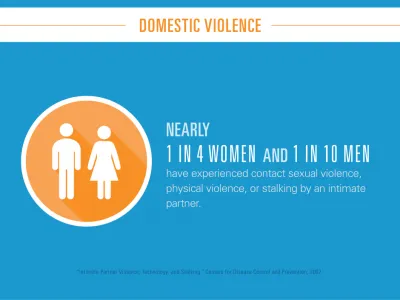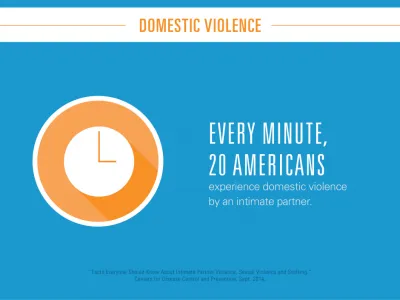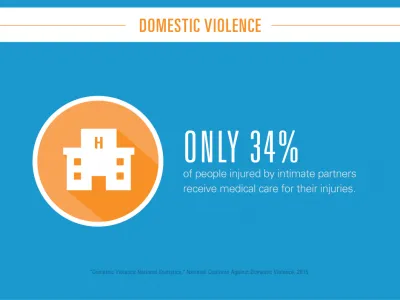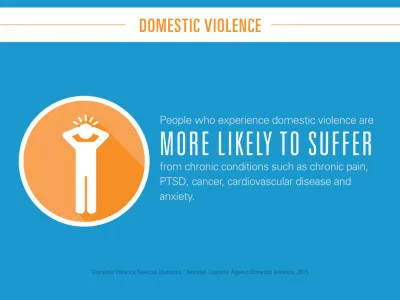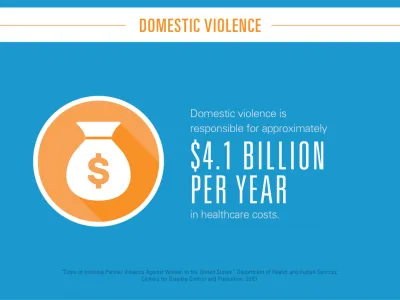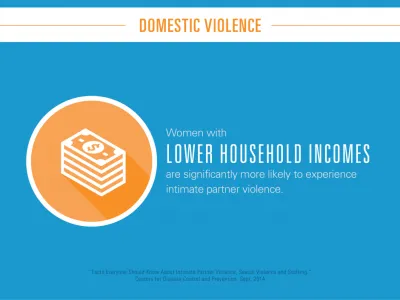Creating community safe havens for domestic violence victims
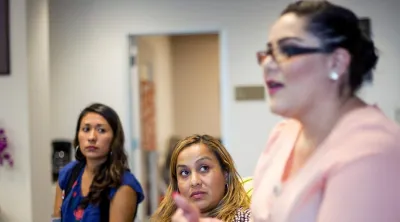
Rosa Romero walks through her East Los Angeles neighborhood, handing out fliers about domestic violence and listening to the concerns of friends and neighbors.
“People are stuck. They don’t have support. Sometimes they don’t know where to go,” said Romero.
Romero is a lead promotora, or health promoter, at the East Los Angeles Women’s Center, part of a cadre of Latina women who help educate their peers about sexual assault, domestic violence and related issues.
“Women reaching out to other women really works. Women trust other women,” said Stephanie Mesones Alvarado, director of development for the East Los Angeles Women’s Center. “They’re really the bridge to the community.”
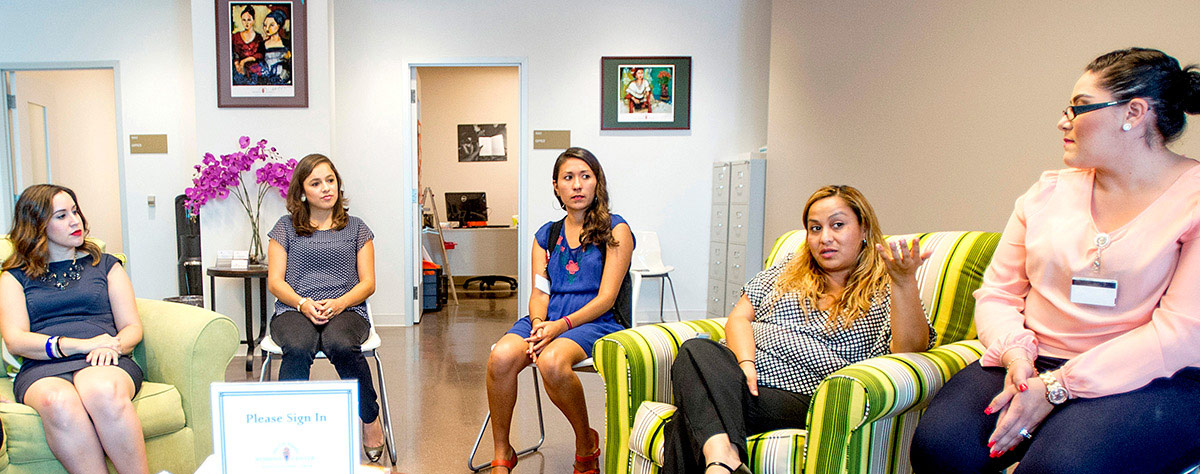
The promotora project at the East Los Angeles Women’s Center is one of 19 community collaborations that make up Blue Shield Against Violence, a Blue Shield of California program.
The initiative helps survivors of domestic violence by connecting them with the services they need most – hotlines, counseling, legal aid and temporary housing solutions.
Domestic violence is a national health crisis. Every nine seconds, a woman experiences intimate partner violence, and up to 1 in 4 women will experience domestic violence in her lifetime.
Abuse not only harms victims but extends to their families and communities. Survivors may experience depression, sleep disorders, anxiety and post-traumatic stress, affecting their ability to work, care for their families, and contribute to their communities or social groups.
The consequences of domestic violence can be fatal, especially when women try to leave violent partners. Nearly three-quarters of women who are murdered by abusers were attempting to leave.
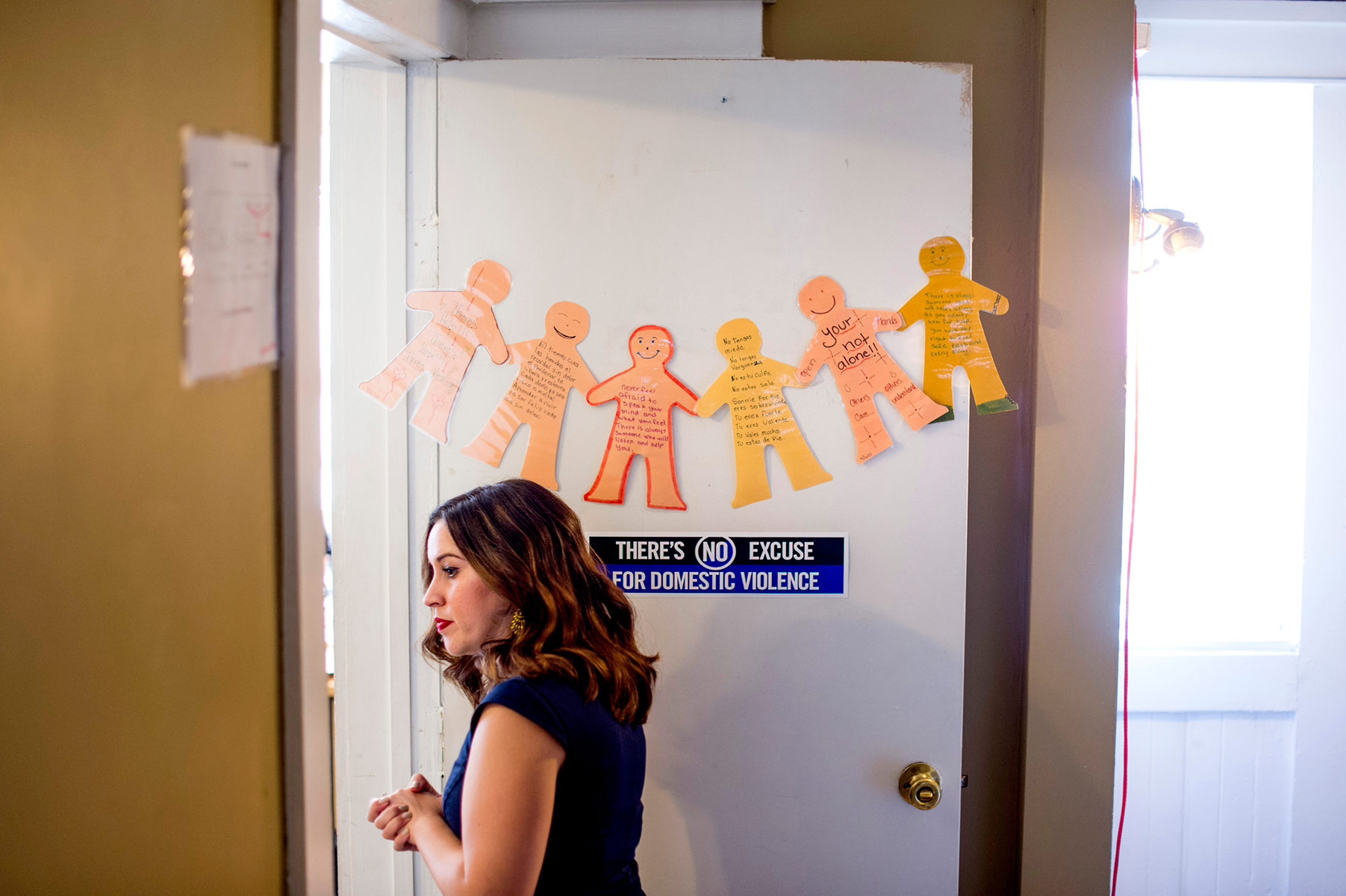
Blue Shield Against Violence supports programs that raise awareness about domestic violence, help people recognize the signs of domestic violence, and connect survivors to the services they need. Blue Shield Against Violence also works to support preventative efforts and end the cycle of violence that too often spans generations.
At Interval House in Long Beach, for example, men and boys learn the coping and emotional management skills to head off violence. “If we can’t change grandpa’s view, if we can’t change dad’s view, at least we can give sons a different perspective,” said program director Michael Lyde.
Lyde, whose mother is a survivor of domestic violence, teaches young men how to communicate respectfully with women and how to stand up to peers who are engaging in intimate partner violence.
Interval House also provides a shelter and supportive services for those affected by domestic violence.
“Families are incubators for future behaviors,” said senior management advisor Rev. Dr. Mary L. Walton. “I like to think that the work we do at Interval House will ultimately end up being the creation of a culture of peace.”

